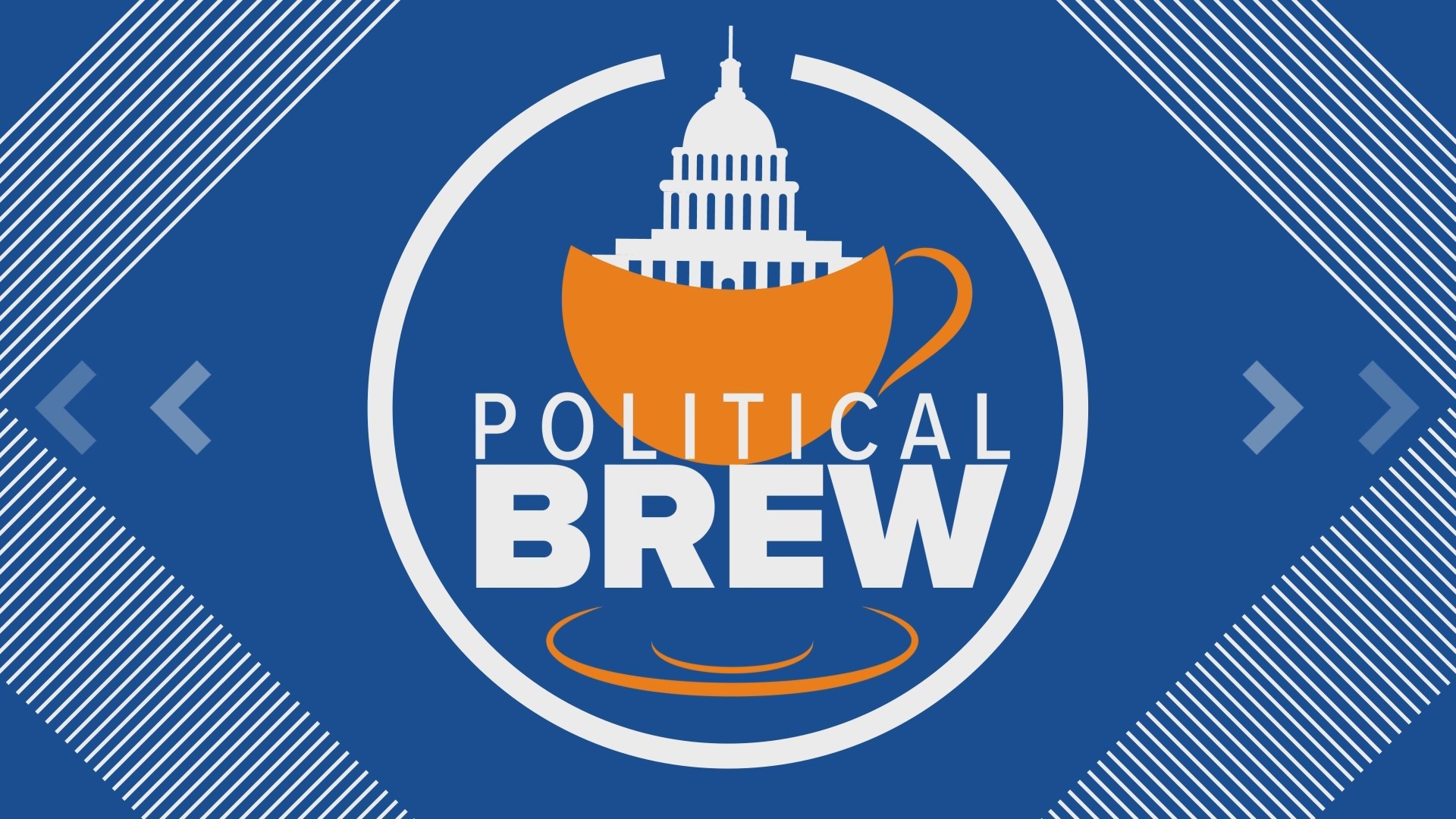MAINE, USA — Spending on Question 1 on next month's statewide ballot has surpassed $60 million. The bill seeks to block the New England Clean Energy Connect, the Central Maine Power hydropower transmission corridor. CMP contributed $8.6 million in the last quarter. Hydro-Québec, which will sell the electricity, spent another $4.9 million.
But other out-of-state power company interests are spending heavily in support of the effort to stop the project. NextEra of Florida contributed $7 million in the last quarter.
Phil Harriman said suppliers of other energy sources "see Hydro-Québec as a threat."
Betsy Sweet said, "The numbers are just outrageous. Think about it, probably 300,000 people are going to vote in this election, and we're talking about spending $70 million?"
She thinks that money would do more good if invested in "clean green energy" instead of on TV ads.
The 2022 campaign for Congress in Maine's second district is likely to be another big-money affair.
Republican Bruce Poliquin said he has raised nearly $900,000 in the last couple of months in his effort to reclaim that seat.
"To raise that kind of money already tells you all you need to know about how important this race is nationally," Harriman said.
He believes Democratic incumbent Jared Golden is in a difficult position because "his caucus is going to want him to support these so-called infrastructure bills in Washington, and he's going to have to look at those leaders in Washington and say, 'look I've got a represent my district and they are not with you on this.'"
Sweet points out that with redistricting, the second district is changing, including more liberal communities such as Hallowell.
And she calls the large early fundraising numbers "appalling."
Sweet offers a challenge to Poliquin and Golden to spend that money "on telling us what you will do, and why you are the best person, and not spend a penny of it on telling us why the other person is a lousy person."
Maine legislators have submitted 330 proposed bills for the session that begins in January. They include proposals to reverse some of Gov. Janet Mills' COVID-19 policies. One would prevent imposing vaccine mandates; another would reinstate religious exemptions to such mandates. A third would make unvaccinated people a protected class under the Maine Civil Rights Act.
Given the Democratic majorities in the Maine House and Senate, these bills may not even make it to the floor.
Harriman points out that "Maine's constitution says when the legislature meets in the second year of their session, these are supposed to be bills that are an emergency. So we've got 330 emergencies coming at us supposedly."
He added that "it's more about electioneering than policy."
And Sweet agrees that efforts to rebuke Gov. Mills over her coronavirus response "is really just about whipping up the base and the folks that have been mad about it all along."
Our analysts also discuss the battle over raising the federal debt ceiling, the new "election integrity" director hired by the Republican Party, and Betsy Sweet's own call this week for Sen. Susan Collins to resign over her support for Supreme Court Justice Brett Kavanaugh in the wake of new efforts to restrict access to abortion that will come before the court.
Political Brew airs Sundays on NEWS CENTER Maine's Morning Report.

